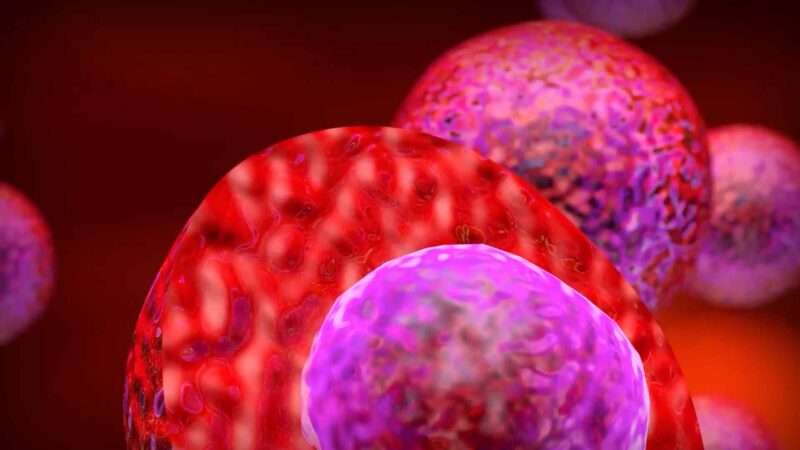CLINICAL RESEARCH IN EMERGENCY MEDICINE
Professor Daniel Fatovich, Emergency physician and clinical researcher
Royal Perth Hospital Emergency Department &
Head of the Centre for Clinical Research in Emergency Medicine (CCREM)
Harry Perkins Institute of Medical Research &
Clinical Professor, UWA Medical School, Emergency Medicine
University of Western Australia, Western Australia
RESEARCHER PROFILE
Filmed in Perth, Australia | September 2025
Professor Daniel Fatovich is a senior emergency physician and clinical researcher at Royal Perth Hospital Emergency Department (ED), with over 30 years’ experience in the design and conduct of clinical research in Emergency Medicine. He is also Head of the Centre for Clinical Research in Emergency Medicine (CCREM) within the Harry Perkins Institute of Medical Research.
He is Professor of Emergency Medicine, University of Western Australia; Director of Research for East Metropolitan Health Service (EMHS), providing strategic advice and leadership; Board Member of the Royal Perth Hospital Research Foundation; Chair of the EMHS Research Advisory Committee.
Professor Fatovich was an inaugural executive member of the Australasian College for Emergency Medicine (ACEM) Research Committee (2019-2024) and the Clinical Trials Network (2018-2024) and has received over $33m in competitive grant funding.
In 2020 and 2023, he was Ministerial adviser for the passage of the Guardianship and Administration (Medical Research) Act Western Australia. In 2017-18, he was deputy chair of the WA Methamphetamine Taskforce. He is chief investigator for the Emerging Drugs Network of Australia (EDNA), which he describes as the most fabulous project of his career. This is best exemplified by a famous quote from Victor Hugo: there is nothing so powerful as an idea whose time has come. EDNA is a national toxico-surveillance system for detecting illicit, emerging and novel psychoactive substances, in presentations to sentinel Emergency Departments. In 2024, EDNA won a WA Health Excellence Award for Excellence in Research and Innovation, and the 2024 UWA Vice-Chancellor’s Award in Research Impact and Innovation.
Expertscape ranks him in the top 1% globally for expertise in Emergency Medicine. He loves to challenge doctors to think, and to think differently.
Source: Supplied
You Might also like
-
Genetic disease research imitating function and architecture of organs
Professor Wolvetang was among the first to bring the first human embryonic stem cells to Queensland, with his Wolvetang Group at the AIBN now renowned for its work with organoids: growing them, studying them, and using them to try and understand diseases and human development.
Using cutting edge technology, Professor Wolvetang designs and grows organoids both for their own work and for labs across the country, coaxing pluripotent stem cells or tissue samples into 3D structures that mimic the function and architecture of real brains, livers, kidneys, spinal cords, and intestines.
-
Relationship between mental illness and mental wellbeing
Since 2015, Dr Matthew Iasiello has been working on the development and dissemination of mental wellbeing interventions across the Australian community at the South Australian Health and Medical Research Institute (SAHMRI). His PhD research was designed specifically to strengthen the translational work conducted by SAHMRI, and to solve problems that represented gaps in the literature that were arising when delivering mental wellbeing interventions into the community. The impact and relevance of Dr Iasiello’s work has been demonstrated with invited presentations at international academic conferences, and multiple media stories with significant online engagements.
-
Tyrosine Kinases in cancer recurrence
Dr Yu Yu leads the Oncology and Gynaecology Research Program at Curtin Medical Research Institute . Dr Yu is also a senior research fellow at Curtin Medical School.
Dr Yu Yu’s laboratory is working on better ways to treat cancers, particularly ovarian cancers which are resistant to conventional chemotherapy. The aims are for better informed treatment choice and reducing unnecessary exposure to ineffective chemotherapy and its potential adverse effects.



